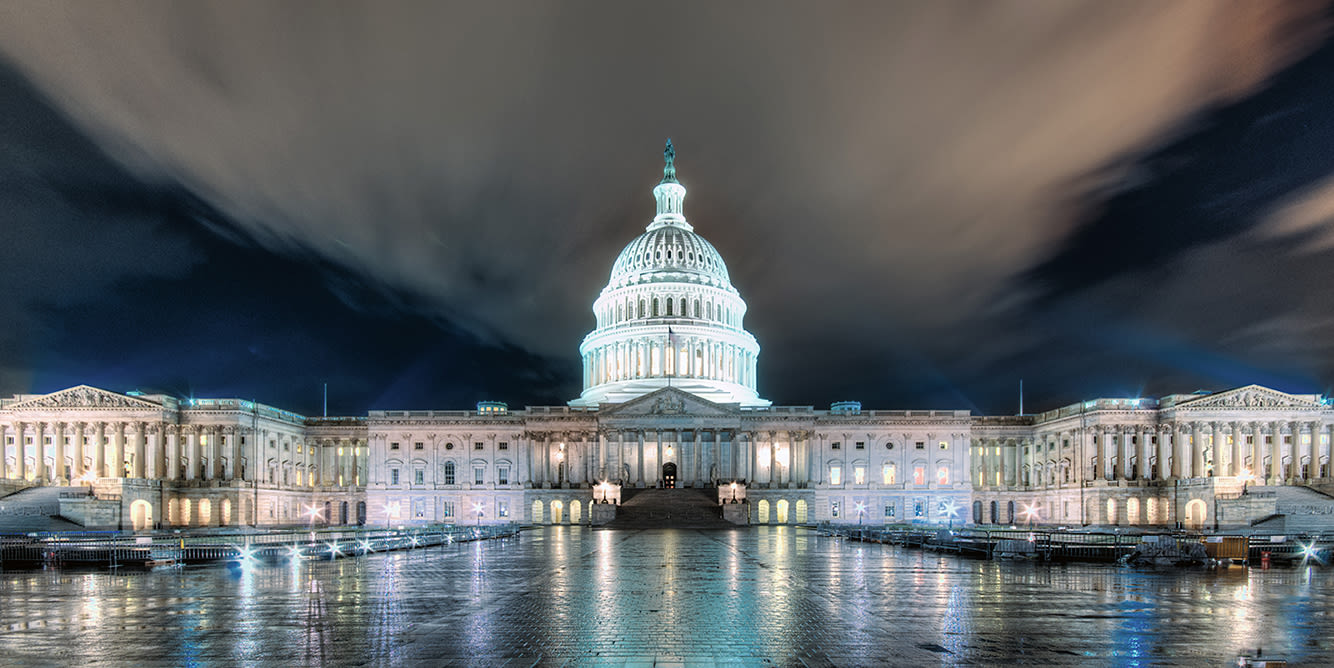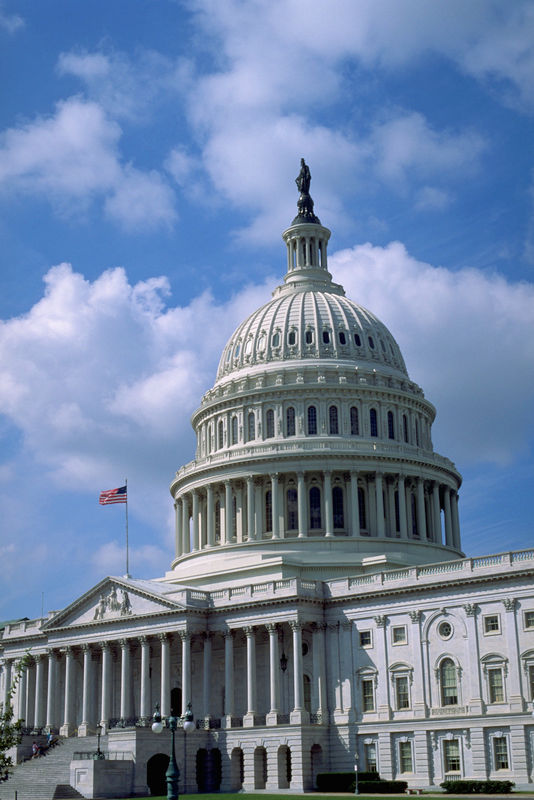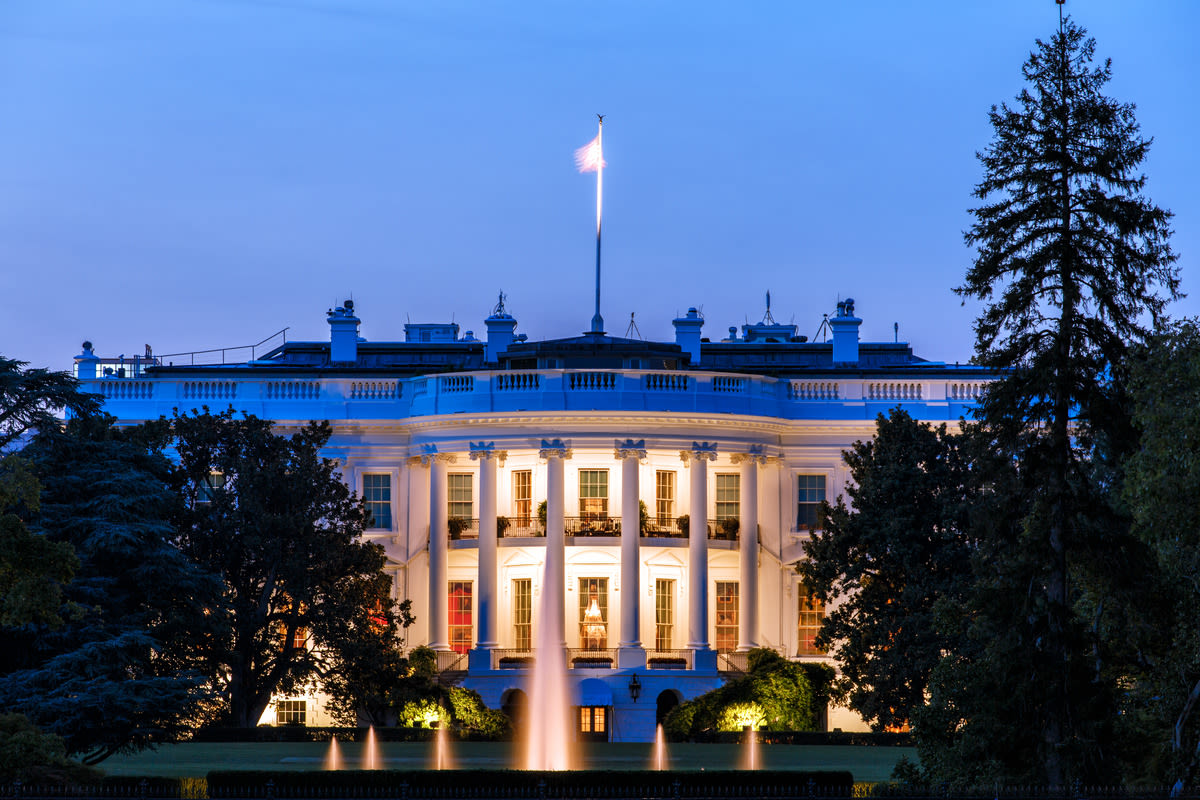
August 21, 2020
As Trade Agreements Unfold, Economic Stances Emerge Ahead of US Election
Tags:
As Trade Agreements Unfold, Economic Stances Emerge Ahead of US Election

August 21, 2020
A recent Flexport webinar examines the impact of politics on trade and trade on politics in the weeks leading up to the US presidential election.
Moderated by Flexport Chief Economist Dr. Phil Levy, the discussion draws from the expertise of guests Scott Lincicome, Senior Fellow in Economic Studies at the Cato Institute, and Michael J. Smart, Managing Director at Rock Creek Global Advisors.
Following is a recap of some of the highlights from their discussion.
The Current Term
The current presidential term has included a number of trade deals, largely driven by interest in protectionist economics.
Events, like quitting the Transpacific Partnership, were perceived as controversial. Comparatively, the USMCA was well received with both parties—only to lead to the president re-enacting tariffs on Canadian aluminum once the deal was done.
Meanwhile, a sequence of China tariffs were designed to address allegations of US economic losses to intellectual property (IP) theft. The tariffs are grouped under an umbrella called Phase One of what may be ongoing negotiations. US relations with China comprise one of the most prominent economic issues ahead of the election.
Those who voted for the sitting president supported aggressive attempts like these to build a system of economic nationalism. To that point, an exit poll from the 2016 election showed two views split along party lines:
- Democrats believed international trade either did not impact domestic jobs or helped to create them.
- Republicans believed that international trade took away US jobs.
Deciding Issues
A variety of issues remain on the US trade agenda for the next president to manage.
For many, how a US-China agreement might evolve from Phase One into Phase Two is a paramount concern. To that effect, the White House is focusing on IP and data. Demonstrating its commitment to security, the Trump administration recently banned Huawei from US government use. And now social platforms TikTok and WeChat are also in the crosshairs.
Other noteworthy matters include relations with the WTO, retaliatory Europe tariffs related to Airbus subsidies, how Brexit may shake out, ongoing negotiations with Kenya, and North American disputes over aluminum or autos.
While these issues have broad-ranging implications, the webinar panelists noted that many voters look to agriculture first when deciding how trade may sway their vote. Sensitivities to this topic could influence how Democratic presidential nominee Joe Biden or President Trump pursues trade agreements.
As the exit poll from the 2016 election indicated, economic nationalism may continue to dominate the issues for Republican voters. But, panelists remarked, in the event of a Democratic win this year, Republican politicians may not find it as important anymore.
The possibility of a shift like that would be yet another reason for businesses today to remain agile and responsive. During a presidential term that has remodeled American influence in the world, the outcomes of this year’s election will certainly capture the attention of those interested in global trade.
For a deeper dive into the ramifications of trade on politics this year and next, download the webinar, The State of Trade: What Comes Next? The Looming Election and the Politics of Trade.
About the Author

August 21, 2020


